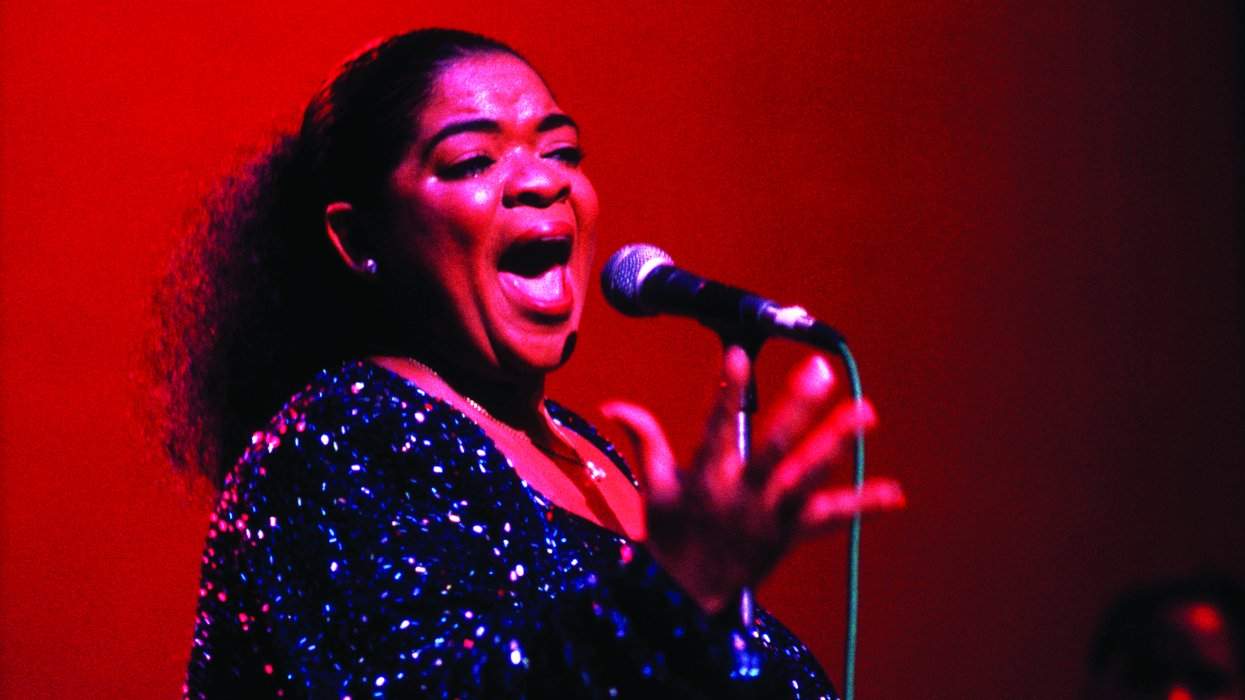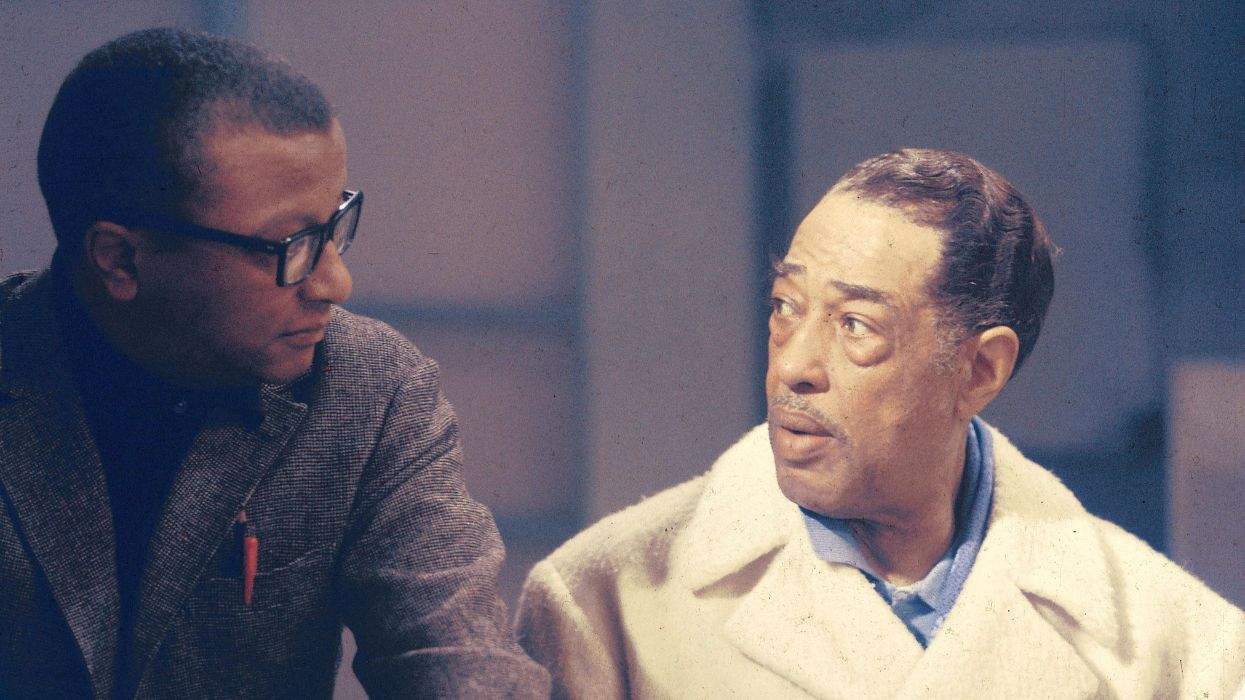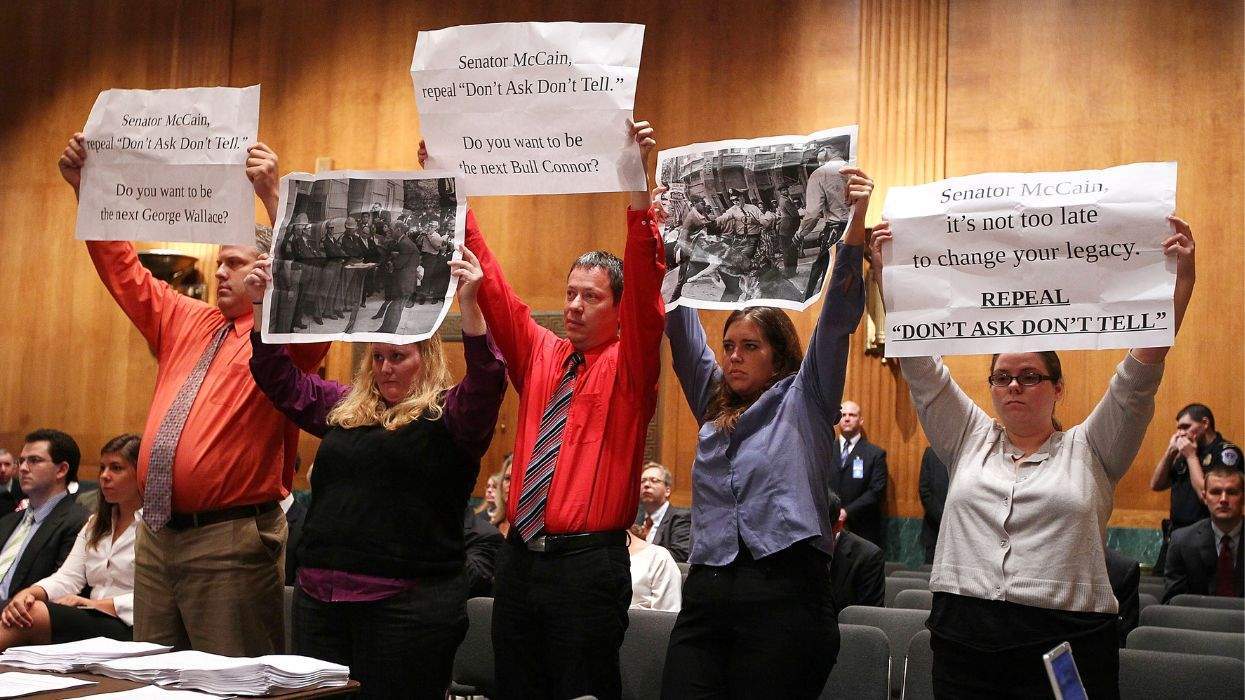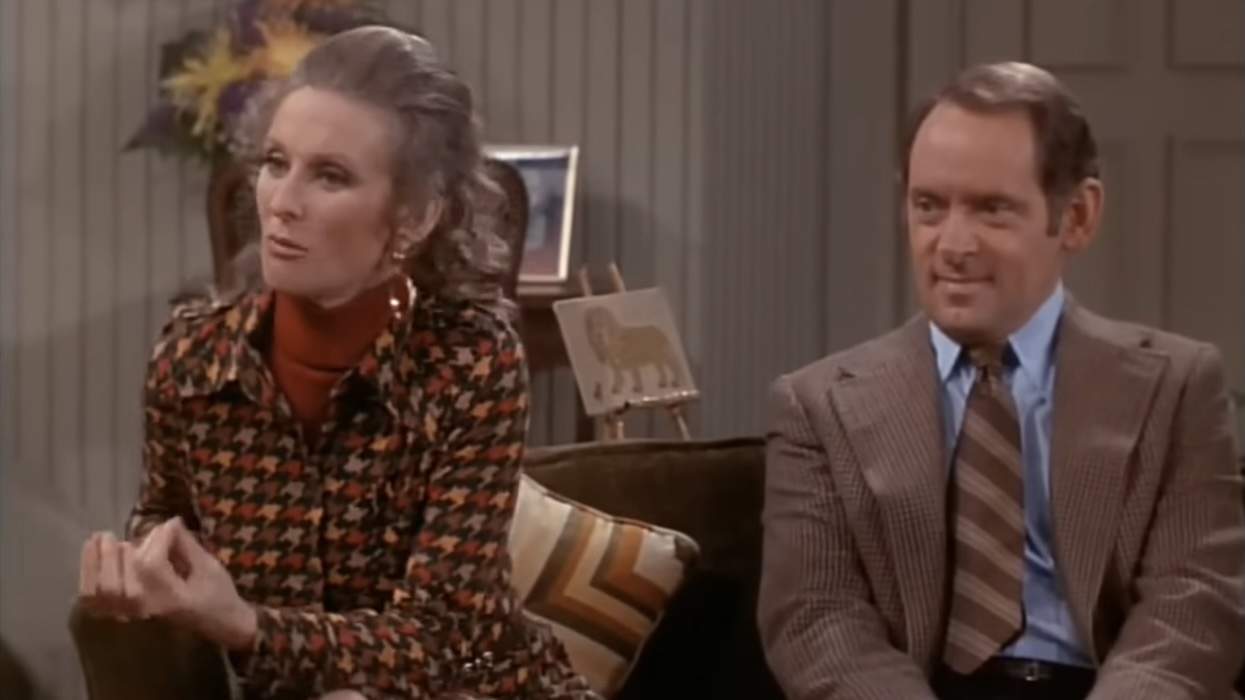GOP lawmakers in Alabama tried to strip $5 million from the Alabama Department of Archives and History after it hosted an LGBTQ+ lecture during Pride Month — and the politicians' retributive actions continue.
This summer, State Sen. Chris Elliot introduced an amendment to the state’s education appropriations bill to yank the money from the archive and instead send it to the University of South Alabama. In the Alabama House of Representatives, state Rep. Ernie Yarbrough introduced similar legislation. In his amendment to the spending bill, he proposed to send the $5 million to the Alabama Department of Human Resources. While the amendments didn't receive consideration in the full Senate, Elliot vowed to further scrutinize the Archives Department.
The program that prompted the proposed diversion of funds was “Invisible No More: Alabama’s LGBTQ History,” held on June 15 as part of the archives’ Food for Thought series. That series has been organized by the archives for over 30 years. The event had been scheduled months in advance and had been advertised since January.
“At one instance they were talking about preserving primary documents, original documents dealing with the history of gay bars and the history of drag in Alabama, and I just don’t know that’s where we need to be focused at the Alabama Department of Archives and History,” Elliot said, according to the local CBS affiliate.
Steve Murray, the director of the archives, wrote to legislators in mid-July, explaining the archives’ programming, including the queer lecture.
“The lecture highlighted the contributions of a few LGBTQ Alabamians in their chosen pursuits and examined the early histories of LGBTQ organizations in Alabama through the records created by groups in Auburn, Tuscaloosa, and Birmingham starting in the early 1970s,” Murray wrote. “It examined primary source documents to find what they reveal about the interests and motivations of groups that were active decades ago, and it discussed the limitations of historical evidence for understanding the lives of people in the past. This approach used basic tools of historical inquiry that can be applied to any topic, and which are routinely applied in Food for Thought presentations.”
Murray wrote that the imperiled funding would help create a military gallery, a new children’s gallery, and redesign the current Native American content. The money would also go to supporting the digitization of its collections and help house its growing collection.
Maigen Sullivan, the queer co-founder and director of research and development for the Invisible Histories Project, gave the lecture in June. The Invisible Histories Project locates, preserves, and creates accessible archival collections on LGBTQ+ life in the South. She said her lecture involved sexually-fluid Alabama entertainers like Ma Rainey and Nell Carter, along with Pete Smith, a trans man involved in the civil rights movement. Sullivan, who has a doctorate in history, says the event wasn’t even funded by taxpayers, but rather a grant from the Alabama Humanities Association.
She describes what Alabama lawmakers are trying to do to the archives as “fascism.” “It’s such a blatant erasure,” Sullivan says. “It’s like ‘We want to hurt you now and erase any trace of you.’”
















Charlie Kirk DID say stoning gay people was the 'perfect law' — and these other heinous quotes
These are some of his worst comments about LGBTQ+ people made by Charlie Kirk.